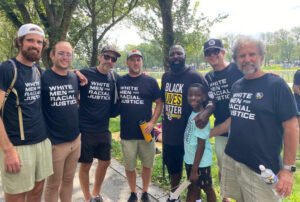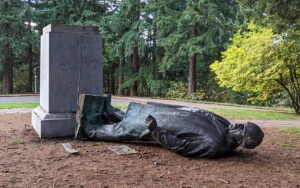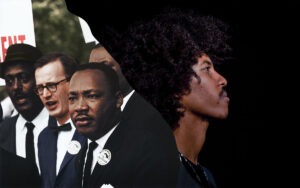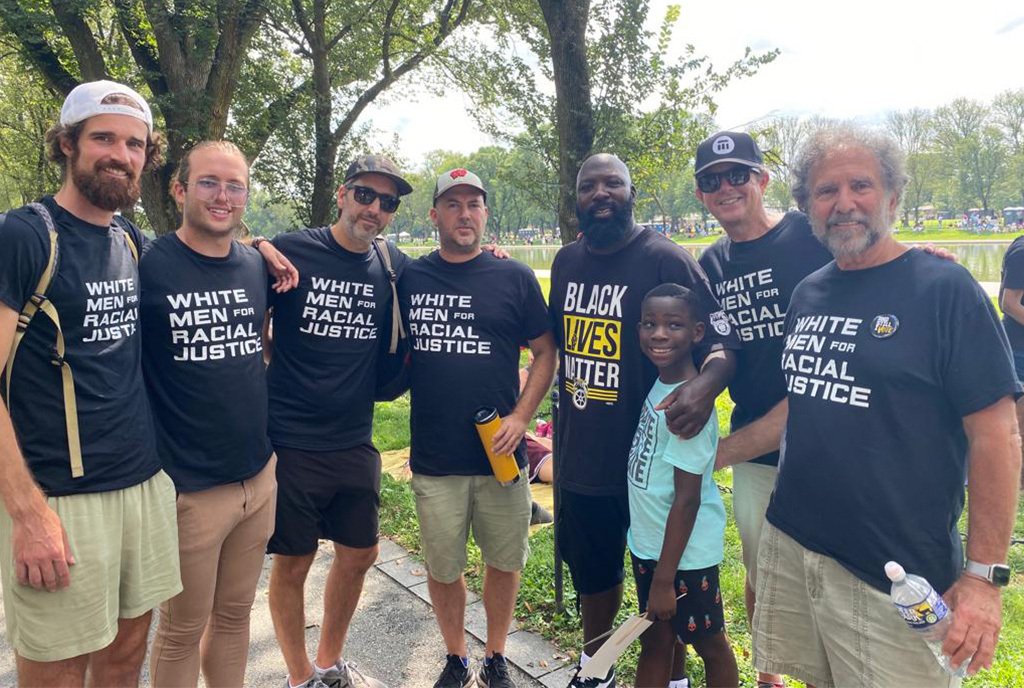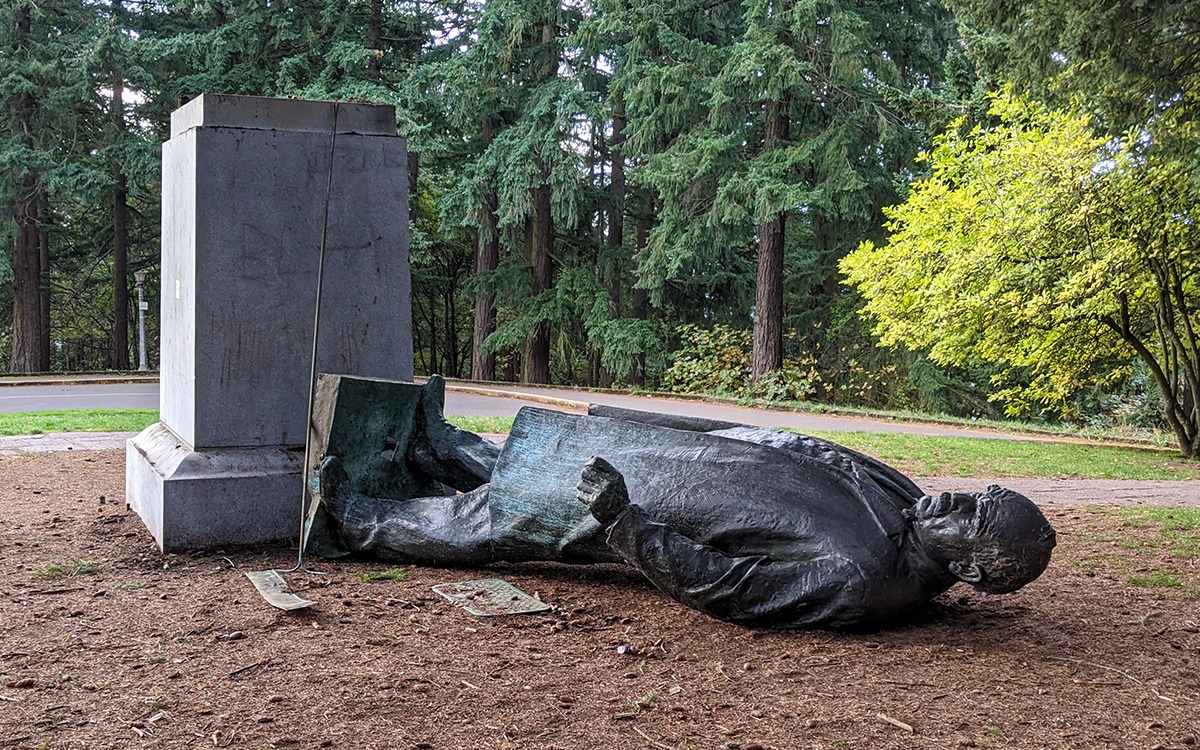
December 9, 2019; Daily Camera
Following recent elections at the end of November, a new city council took office in Boulder, Colorado. The newly elected body would need to select the City’s mayor and mayor pro tem. Did it matter, then, that the only candidates put forward were white and male?
Some Boulder residents thought it did. Council member Mirabai Nagle disagreed. Nagle sparked what would be an ongoing debate and the important consideration of the importance of leadership and responsibility when she went further and told her colleagues, “I’ve had it. It’s obnoxious.”
“You have pigmentation that you can’t help, and you have genders you can’t help,” Nagle said. “Every single race on this planet has in some way had something horrible happen to them at some point in our history.”
Only one member of the council, Aaron Brockett, rose to challenge her. “As a white male, that role carries a great deal of privilege that I, and I think the rest of us, have benefited from enormously throughout the course of our lives.” For many in the community, the silence of other council members was a failure to lead, a sign that words are much easier than actions and that the city’s leadership failed to hold itself accountable.
Longtime nonprofit leader Brenda Lyle, with a history of action in civic anti-bias efforts said, “How powerful would that have been, if every Council member said, ‘I agree with Aaron. People would have been proud.”
“I don’t think we need to crucify people or throw people out of office on a first thing like this,” Lyle added, “but you have to have consequences, and if you don’t you might as well stop wasting everyone’s time with all this stuff that doesn’t mean anything.”
Sign up for our free newsletters
Subscribe to NPQ's newsletters to have our top stories delivered directly to your inbox.
By signing up, you agree to our privacy policy and terms of use, and to receive messages from NPQ and our partners.
For Shawn Rodda, the mother of two children of color, Nagle’s lack of awareness that her words were hurtful was a sign of her failure.
I have no problem with [the two white male candidates] as mayor and mayor pro tem, I think it’s perfectly appropriate given their experience and frankly nobody else raised their hand. But you didn’t say that, did you?…Instead, you went on a rant denying white privilege and denying the racism that the people of color in our community are experiencing every day. You are so privileged you probably have no idea what it’s like to be asked for a receipt when you leave a grocery store.
Boulder as a community has not denied its difficult history, one rooted in the movement of white Americans across the continent. Lately, it has worked to combat its vestiges of bias and privilege, including a new public proclamation of its commitment. As reported by the Daily Camera, the statement’s draft language “labels the initial 1858 white settlement of Native American lands in what is now Boulder County as a violation of an 1851 agreement known as the Treaty of Fort Laramie, and calls out the rise of the racist Ku Klux Klan.” It also notes the many attacks and discrimination visited upon Latinx individuals, “exemplified in signs saying ‘No Mexicans Allowed’ posted out front of shops and restaurants across Colorado.”
Defending herself in the Camera, Nagle wrote that criticism of her stance was misguided, and called upon her ethnicity and gender to buttress her position.
Boulder Human Relations Commission Chair Nikhil Mankekar recognized the need to directly confront words and deeds when they cause pain. “It is up to individuals to make that choice if they have the courage to speak out on issues that might make them afraid and uncomfortable to talk about. I think accountability is an important step when there are opportunities for growth. And it’s important for peers to both hold each other accountable and support each other in that growth.”
Boulder’s leadership is not alone in facing the challenge of white America reconciling with its past. It is not easy for good people to come to grips with a history that seems distant, even foreign, from how they see themselves. Those who have benefited from past inequities struggle to recognize that what we have has come, directly or indirectly, from the pain and suffering done to others.
Leaders need to recognize this uncomfortable part of their personal and institutional histories. The conversation going on in Boulder can teach us the need to ask those who do not have our history or privilege to speak first and give direction. It requires being willing to share or even cede power. And it requires accountability when we miss the mark.—Martin Levine



